Member Directory,
1847 - 1922
William B. Hornblower
Lawyer
Centurion, 1893–1914
Charles Stewart Davison and Henry R. Beekman
Paterson, New Jersey
Litchfield, Connecticut
Age forty-one
Bronx, New York
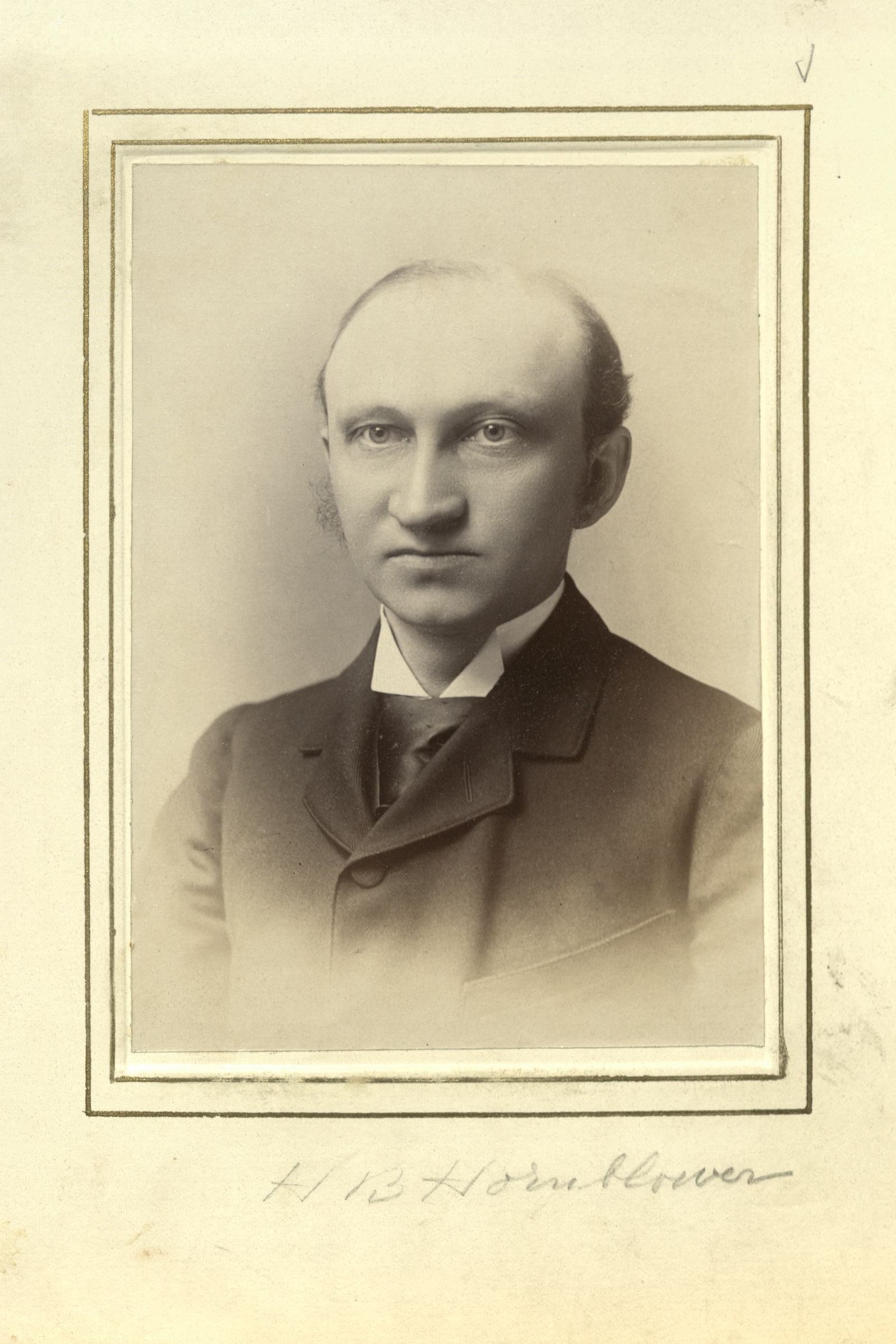
Archivist’s Notes
First cousin of Joseph C. Hornblower
Century Memorial
William Butler Hornblower was a great lawyer, and a man of character, profoundly convinced of the sanctity of law and the need to maintain the integrity and independence of its courts. The law was inbred in him. His grandfather had been Chief Justice of New Jersey; his father had felt the call to the Bar before yielding to the stronger call to the Ministry; and he himself passed his boyhood under the legal shadow of uncles occupying distinguished positions on the Bench.
Judge Hornblower graduated from Princeton in 1871, and from the Columbia Law School in 1875. Having through his practice an early opportunity to try cases, he showed himself one of the ablest of court lawyers, as assiduous in the preparation as he was effective in the presentation of his argument. He stood among the leaders of the Bar when, in 1893, President Cleveland nominated him for Associate Justice of the Supreme Court of the United States. The nomination was defeated in the Senate for reasons which redounded to the honor of the nominee. Twenty years later, Governor Glynn appointed him an Associate Judge of the Court of Appeals.
In the meanwhile, Judge Hornblower had even more assuredly reached the top of his profession and deepened the respect in which he was held by the community. He had been chosen President of the State Bar Association and President of the Association of the Bar of the City of New York. He had never sought political office; but had earnestly supported whatever was steadiest and cleanest in the policy of the Democratic party. He opposed the Silver heresy, and spoke with constant ability and wisdom against the principle of judicial recall. Said he, in a recent address to the graduating class of Yale law students: “The self-styled Progressive may be a reactionary of the worst kind. . . . Civilization rests upon law. Law rests upon the courts. The courts rest upon popular respect. If for law and for the courts are substituted the voice of a temporary majority of the people, then are we pro tanto abandoning the achievements of civilization and drifting back to barbarism.”
In private life, Judge Hornblower was a good friend, and genial in his manner. He leaves a widow and a son.
Henry Osborn Taylor
1915 Century Association Yearbook
Related Members
Member Directory Home-
 Henry R. BeekmanLawyer/JudgeCenturion, 1888–1900
Henry R. BeekmanLawyer/JudgeCenturion, 1888–1900 -
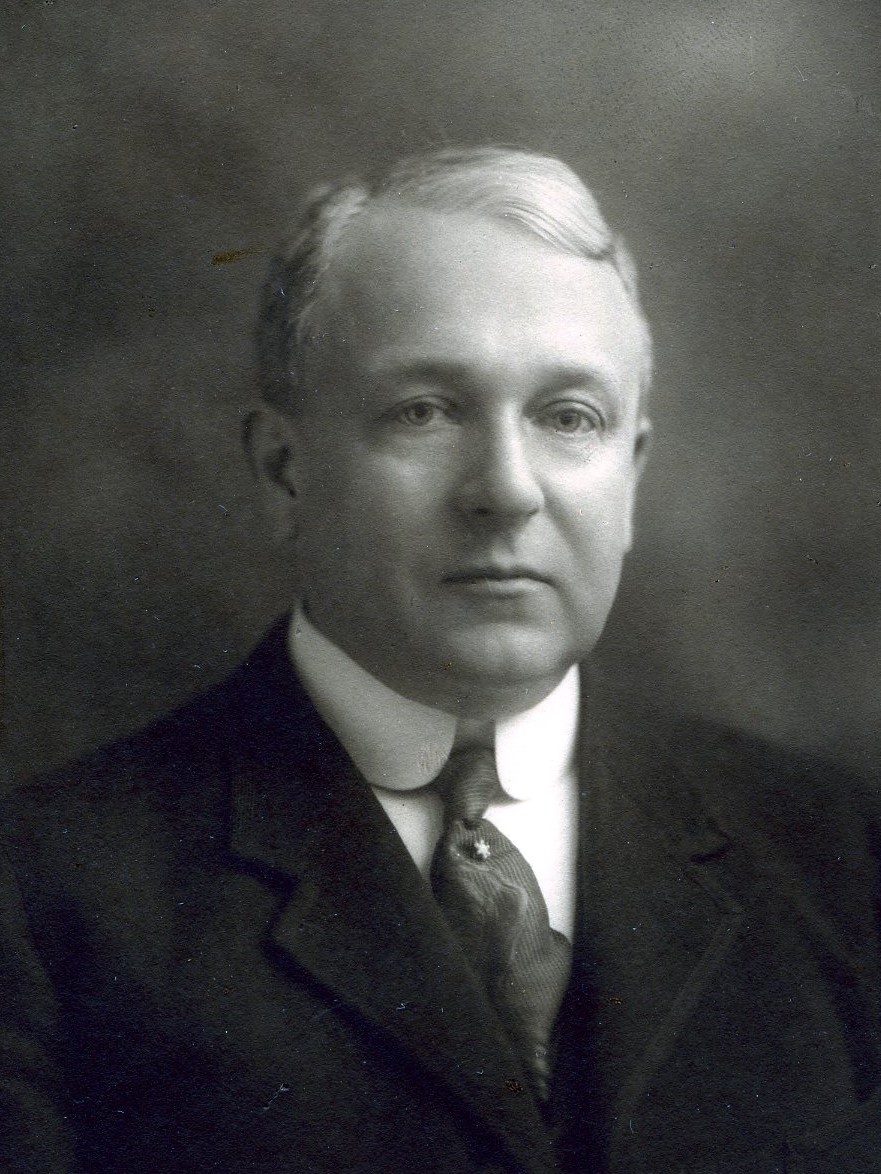 Charles A. BostonLawyerCenturion, 1915–1935
Charles A. BostonLawyerCenturion, 1915–1935 -
 Franklin W. M. CutcheonLawyerCenturion, 1906–1936
Franklin W. M. CutcheonLawyerCenturion, 1906–1936 -
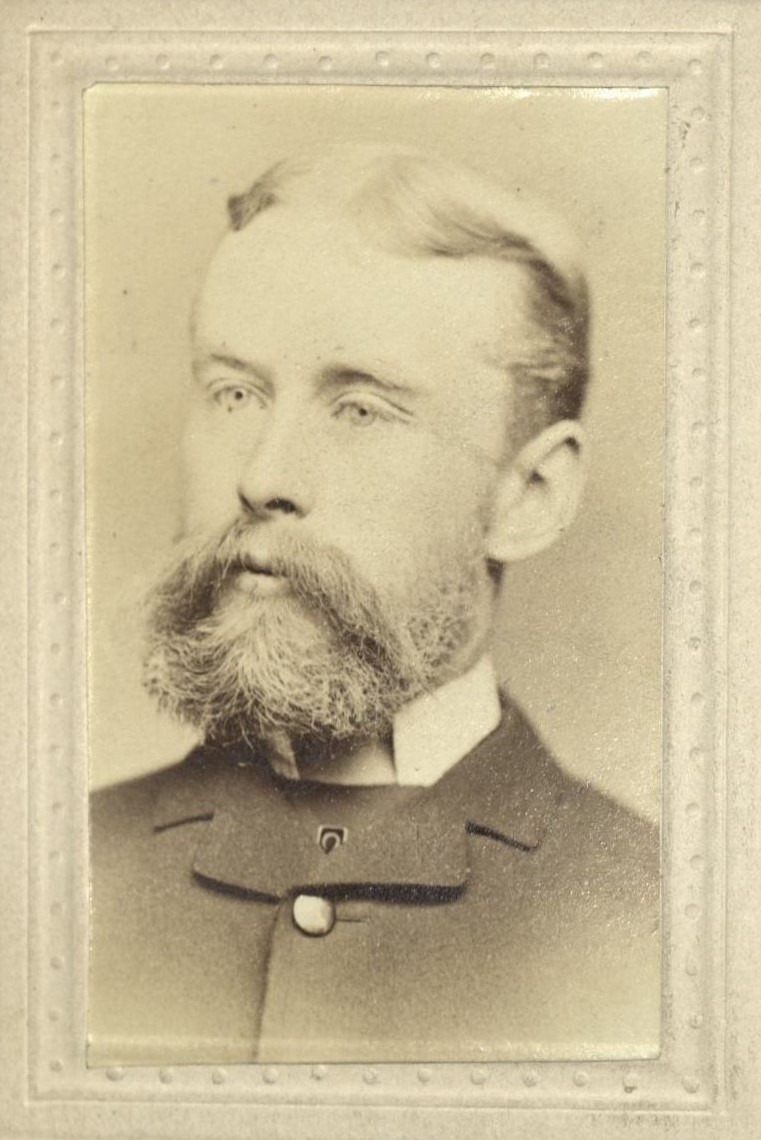 Charles Stewart DavisonLawyerCenturion, 1881–1942
Charles Stewart DavisonLawyerCenturion, 1881–1942 -
 Adrian H. JolineLawyerCenturion, 1897–1912
Adrian H. JolineLawyerCenturion, 1897–1912 -
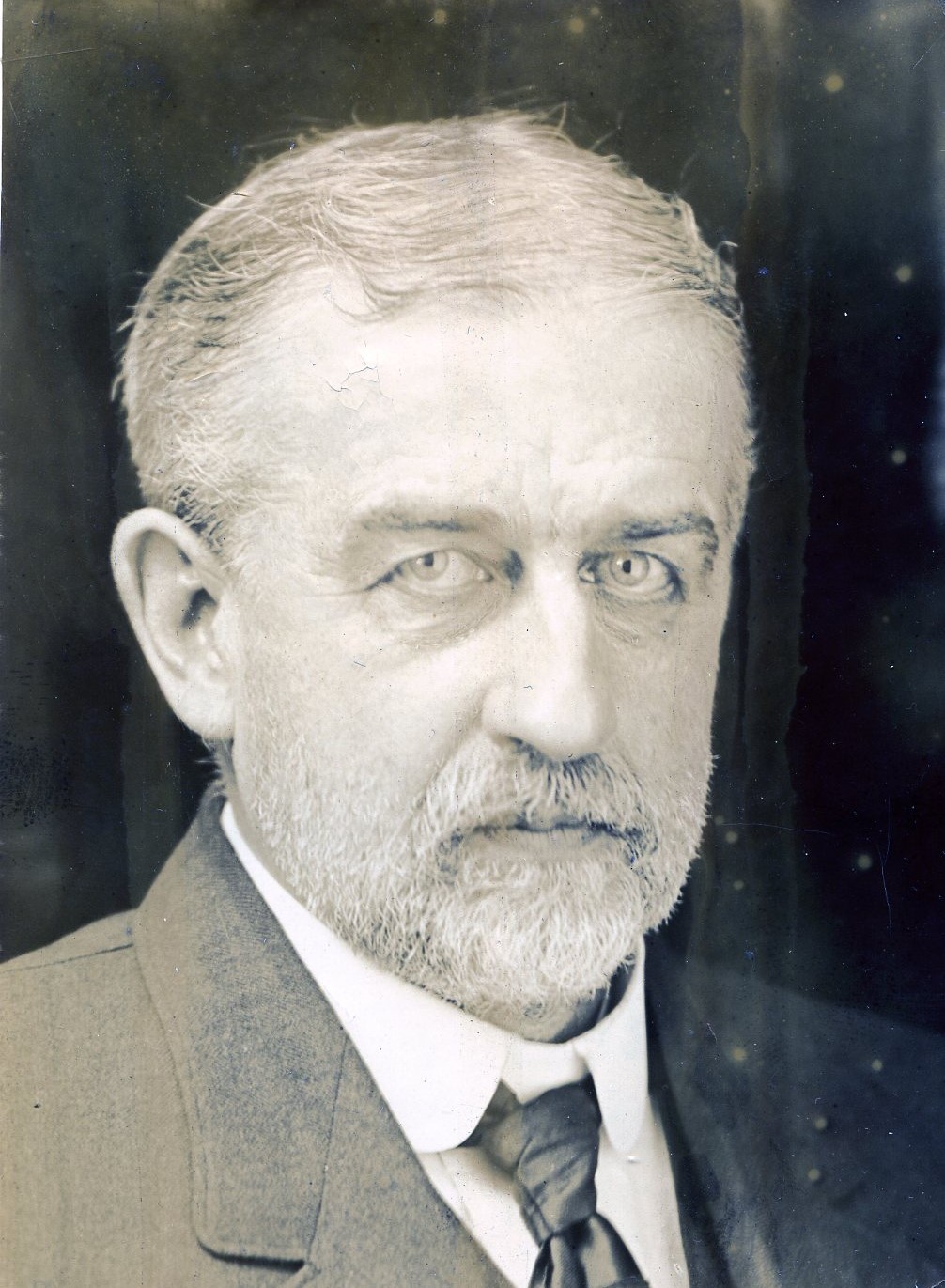 Frederick N. JudsonLawyerCenturion, 1912–1919
Frederick N. JudsonLawyerCenturion, 1912–1919 -
 George RichardsLawyerCenturion, 1910–1930
George RichardsLawyerCenturion, 1910–1930 -
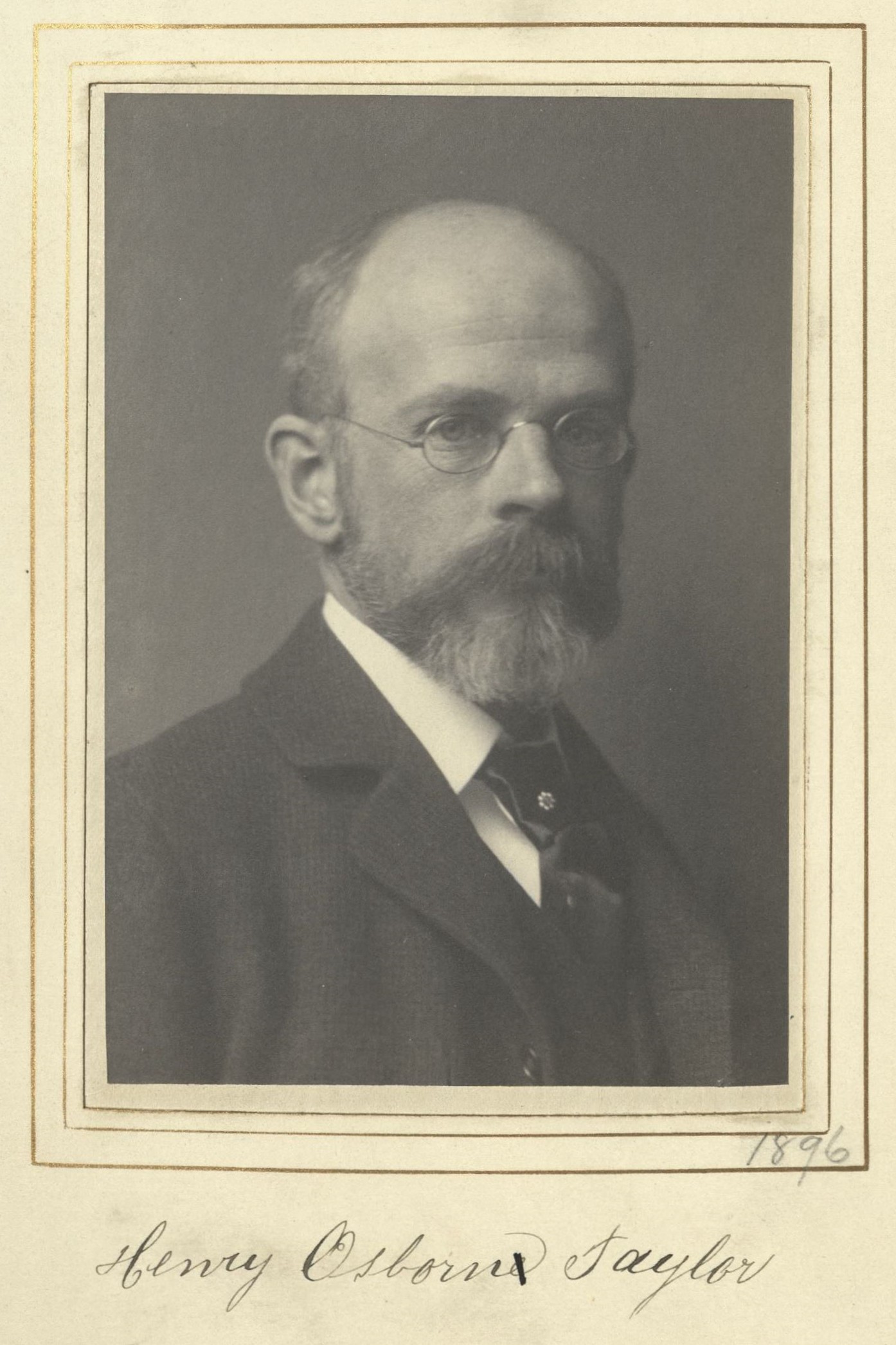 Henry O. TaylorAuthor/LawyerCenturion, 1896–1941
Henry O. TaylorAuthor/LawyerCenturion, 1896–1941





